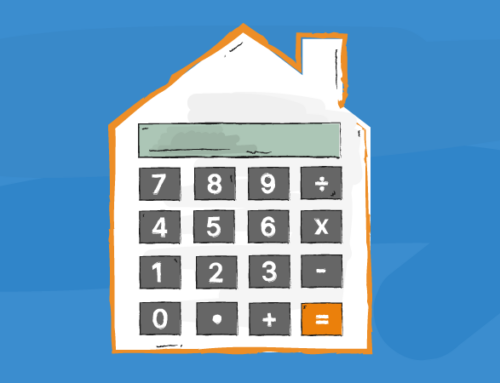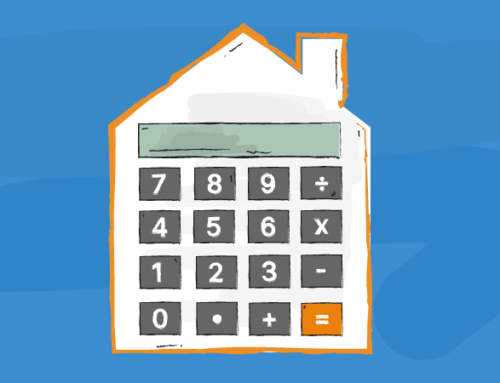Three legal issues for landlords to avoid in the UK
When it comes to being a landlord there are a number of rules and regulations that you need to stick to. Otherwise, you might be issued a fine, or worse, caught up in a court case.
Most of the time this can happen by accident, as landlords are typically meticulous when it comes to looking after their businesses. However, as the problem of rogue landlords is becoming more severe, the government and other regulatory bodies are becoming stricter.
If you make a mistake you will more than likely find yourself in trouble. Here we look at three legal issues for landlords to avoid and what you can do if you find yourself on the wrong side of the law:
1. Failing to place your deposits in a protection scheme
To prevent falling foul of this legal issue make sure you register your tenants’ deposits in a Government-backed protection scheme. This must be done within 30 days of receiving it. You also need to provide tenants with information on the scheme you have used within the same time frame.
If you fail to register your tenants’ deposits on time or provide them with the required information then the first thing you need to do is contact a registered deposit protection scheme and explain the situation.
Otherwise, you could face a fine of up to three times the amount of the original deposit. On top of this, it can cause issues if you later need to evict your tenant.
In England and Wales, landlords can register tenancy deposits with one of the following:
2. Not paying the right amount of tax
Paying the right amount of tax on time is extremely important for all landlords. If you don’t, HMRC could audit your entire business and even take you to court if they believe you are committing tax evasion.
Each year the Government issues deadline dates for registering for self-assessment and sending in your self-assessment tax forms, so there is no excuse when it comes to remembering.
If you are struggling to fill in your tax forms then the Government also offers advice online and by phone. Otherwise, you can hire an accountant to make sure everything is done correctly.
3. Leaving properties in disrepair
All private rented accommodation in the UK needs to meet certain standards before it can be let. If yours fails to do so you could find yourself in a lot of trouble.
For example, all of your properties must:
- be fitted with fire alarms on each floor
- have safe wiring
- have annual gas checks
Your landlord insurance can help cover the costs of any repairs to your property. However, when you do decide to invest in a property you should make sure your budget factors in maintenance costs.
In case of any changes that affect these legal issues for landlords to avoid, you can stay up to date with Landlord News.
Disclaimer: The opinions and views expressed in the above article are those of the author only and are for guidance purposes only. The author disclaims any liability for reliance upon those opinions and would encourage readers to rely upon more than one source before making a decision based on the information.




